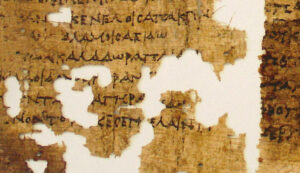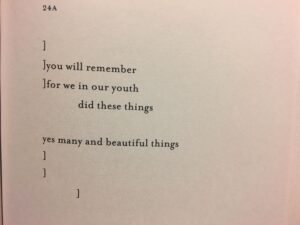Dear Reader,
I worked hard to be as queer as I am and I didn’t expect to have to defend my identity from another person who shares in my struggles.
But here we fucking are.
Fuck Muñoz and his “we are not yet queer.” (Muñoz 1)
This is a problem that I think I’ve struggled with quite a bit, queerness as an ideal rather than a reality, as if there’s some faggot out there that we all aim to be like. This implication that there’s a right way to be queer is so fucking dangerous.
Do you know how much I’ve screamed?
How many streams of salt poured from my puffy eyes?
How much I craved for just one person to see me as a woman?
How many nights I’ve thought that I’d be better off dead than myself?
How many nights I still do?
You don’t and Muñoz sure as shit doesn’t
“We are not yet queer.” (Muñoz 1)
How fucking dare you.
As if queerness is something to be earned.
Even if I had never suffered then I’d still be queer.
Muñoz thinks that “Queerness is a longing that propels us forward.” (Muñoz 1)
It’s not.
Queerness has happened and continues to happen.
Have you ever seen Annie?
Annie’s an orphan and she sings a song called Tomorrow.
It’s a song of longing for a better time, for a then and there, rather than a here and now.
Do you know what the problem is with Tomorrow?
TOMORROW NEVER COMES!!!
Reality sucks but it’s the only place that you can get a decent meal.
It’s the only place that we’ll ever be.
I get Muñoz’s point. I really do. There’s a queer utopia that only exists in our wildest dreams and god be damned if we don’t try to get there.
But to rob queerness of its power by making it seem as if it is unobtainable is fucking diabolical.
I always liked Eli Claire’s Mountain as a tale of telling struggles.
It acknowledges that struggles aren’t one-way streets, that stopping and taking a breath doesn’t make you slow or weak, or that sometimes you even have to go back down the mountain to breathe a little easier.
Muñoz seems to view struggles as a sea voyage, always trying to catch the horizon, and always failing to grasp it.
I like my feet on solid ground and despise the seasickness that Muñoz gives me.
Sincerely Queer,
Carmine “Red” Zingiber

